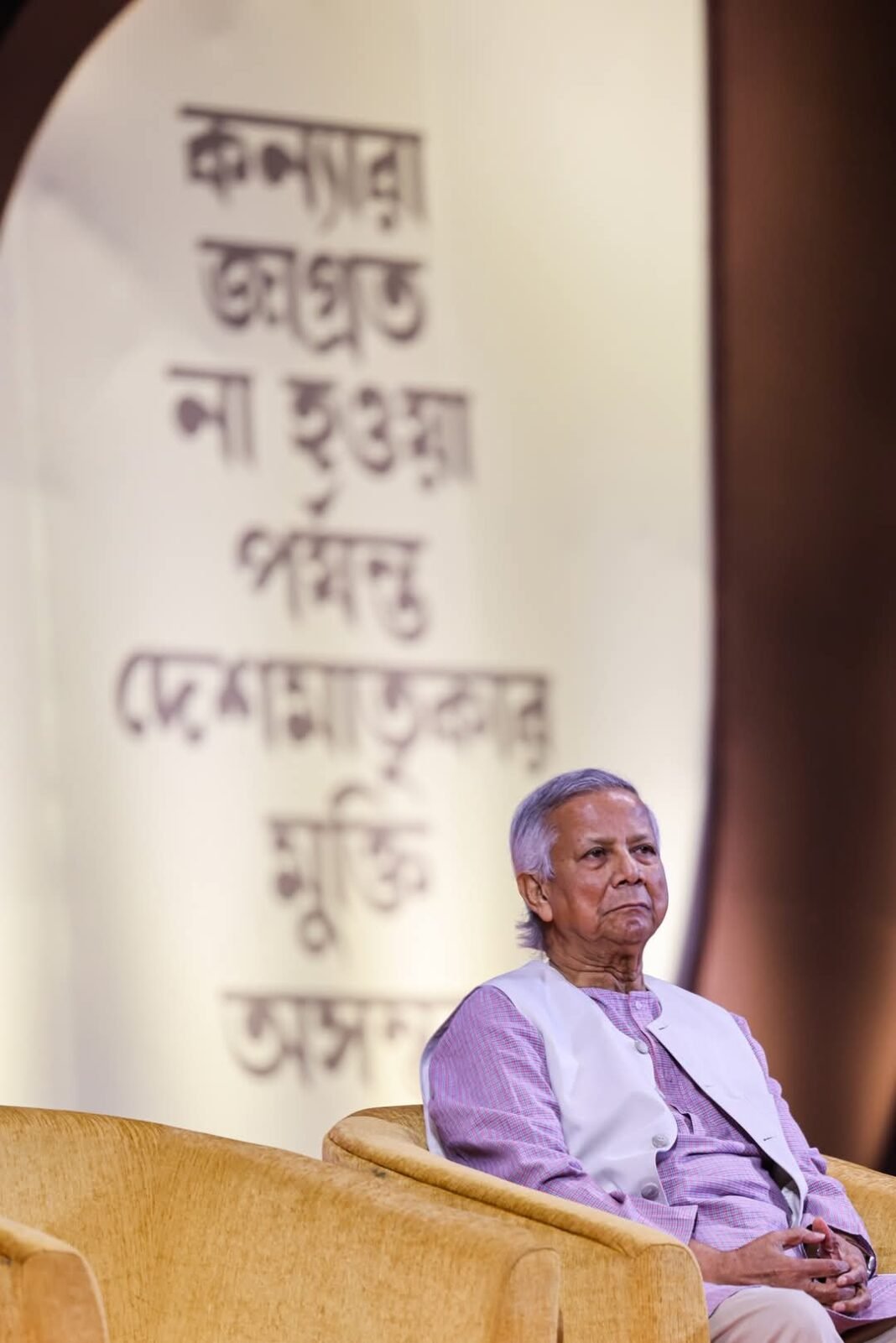The Nobel Peace Prize is considered one of the most prestigious honors, awarded to individuals or organizations contributing significantly to peace and human welfare. However, history has occasionally revealed troubling contradictions where some laureates are accused of actions contrary to the principles of peace and humanity. A recent and glaring example is the case of Muhammad Yunus, a Nobel Peace Prize recipient from Bangladesh, whose activities have drawn widespread criticism and controversy.
Muhammad Yunus, known as the pioneer of microfinance and microcredit, was awarded the Nobel Peace Prize in 2006 for his efforts to eradicate poverty through financial empowerment. While his early initiatives were celebrated globally, recent revelations have raised serious concerns about his methods and intentions. Allegations of financial mismanagement, exploitative practices in microfinance, and disregard for workers’ rights have painted a starkly different picture of Yunus’ legacy.
The Controversies Surrounding Muhammad Yunus:
Reports from Bangladesh suggest Yunus’ microfinance operations often pushed borrowers, particularly vulnerable women, into deeper cycles of debt. These practices contradicted the very essence of his mission to alleviate poverty. Additionally, Yunus’ enterprises faced accusations of labor exploitation, including the suppression of worker unionization and unfair labor conditions. Such allegations have sparked outrage, calling into question his commitment to human dignity and social justice.
Bangladesh’s government has also initiated legal proceedings against Yunus for financial irregularities. Critics argue that despite his global acclaim, Yunus’ focus shifted over time from serving the poor to accumulating personal wealth and influence.
The Larger Issue with Nobel Peace Prize Recipients:
Yunus’ case is not an isolated incident. The Nobel Peace Prize has occasionally been awarded to individuals whose later actions contradicted the principles of peace. This raises questions about the selection process and the accountability mechanisms for laureates. Once a recipient is crowned with the global recognition of the Nobel Prize, their subsequent actions are often scrutinized through a lens of higher expectations.
While human imperfection is universal, the role of Nobel Peace laureates carries a moral responsibility. Any deviation from humanitarian principles by such figures not only tarnishes their personal reputation but also undermines the credibility of the award itself.
Lessons for Global Recognition Systems:
The controversies surrounding Muhammad Yunus highlight the need for greater transparency and post-award accountability for Nobel laureates. It is crucial for institutions like the Nobel Committee to establish mechanisms to ensure their awardees uphold the values they are honored for, even after receiving the prize.
This situation also serves as a reminder for global audiences to remain critical and discerning, recognizing that even celebrated figures can falter. Humanity’s ultimate goal should be to promote peace and justice, holding every individual to the same standards of integrity and accountability.
The legacy of figures like Muhammad Yunus, while marked with remarkable contributions, also serves as a cautionary tale. It reminds us that the pursuit of peace and human welfare must be sustained and genuine, free from the shadows of exploitation and self-interest.



